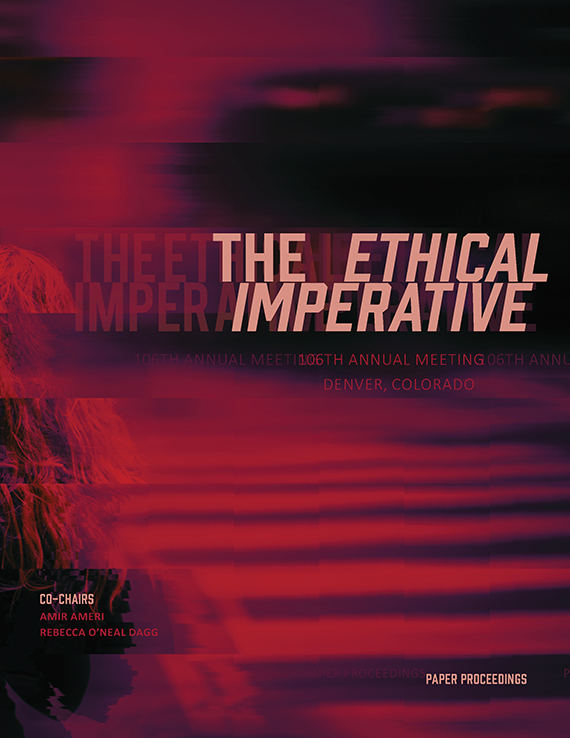Author(s): Zachary Tate Porter
While there is growing interest in hybridizing the disciplines of architecture and landscape architecture, this essay argues against such an endeavor. Beyond the numerous ideological and logistical obstacles posed by hybridization, this essay contends that the distinction between architecture and landscape architecture plays a critical role within the political structure of the contemporary city. More specifically, it is argued that such a disciplinary division is necessary in order to maintain the legibility of public and private space. Through a series of examples and case studies, the essay outlines two opposing conceptions of ground–continuous and discrete–as well as their respective socio-political implications within contemporary urbanism. Ultimately, the paper argues for discrete approaches to ground, which allow architects to retain a critical position relative to the city as a whole.
https://doi.org/10.35483/ACSA.AM.106.19
Volume Editors
Amir Ameri & Rebecca O'Neal Dagg
ISBN
978-1-944214-15-9

 Study Architecture
Study Architecture  ProPEL
ProPEL 
